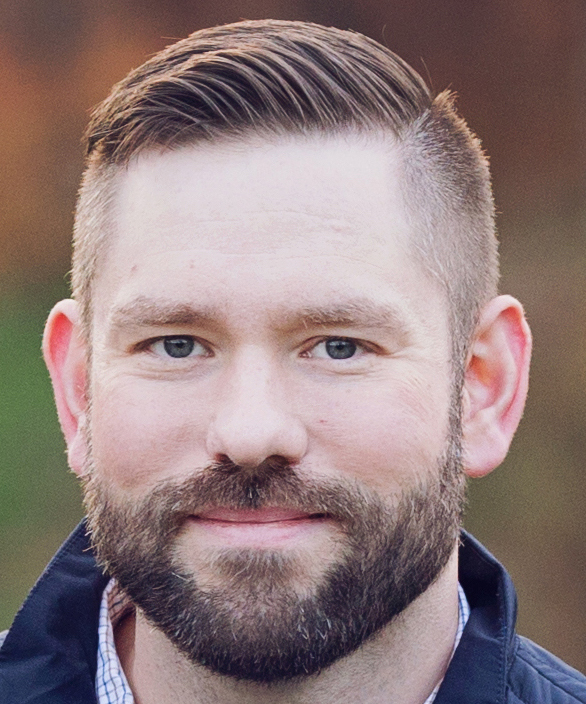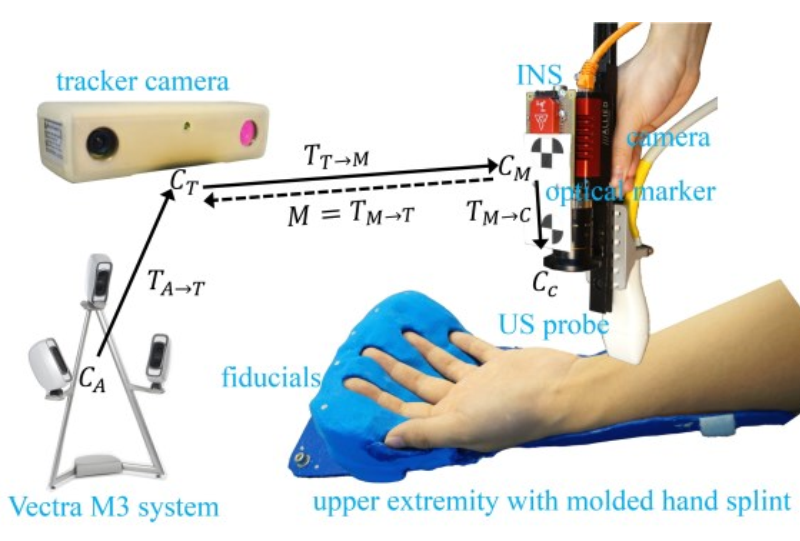
Dr. John Galeotti
Senior Systems Scientist, Robotics Institute
Associate Professor, Biomedical Engineering
- Newell Simon Hall A525
- 412 268 8944
Newell Simon Hall A525
Carnegie Mellon University
5000 Forbes Avenue
Pittsburgh, PA 15213
Education
-
B.S., Computer Engineering, North Carolina State University, 2001
-
M.S., Computer Engineering, North Carolina State University, 2002
-
M.S., Robotics, Carnegie Mellon University, 2005
-
Ph.D., Robotics, Carnegie Mellon University, 2007
-
Postdoctoral, Robotics, Carnegie Mellon University, 2009
Bio
Dr. Galeotti is a Senior Systems Scientist and Associate Professor of Biomedical Engineering at Carnegie Mellon University, directing the Biomedical Image Guidance Laboratory and teaching an internationally recognized graduate course on medical image analysis algorithms. He has a Ph.D. in Robotics and a B.S. and M.S. in computer engineering.
Through his interdisciplinary research, collaborations, and teaching experience, he has been continually working to improve patient outcomes by improving the tools of science and medicine, with an emphasis on applying novel, real-time computer-controlled optics, image analysis, and visualization approaches to build and control unique experimental systems for image-guided interventions, diagnosis, and biomedical research.
Research
I seek to improve patient outcomes by improving the tools of science and medicine. Applications include image-guided interventions and computer-aided diagnosis, computer-vision for tracking ultrasound probes in anatomical coordinates, and innovative scientific instruments to further fundamental biomedical knowledge.
I apply novel computer vision algorithms and optics to the design and real-time analysis of biomedical imaging modalities such as OCT, ultrasound, and camera/microscope imaging. OCT and ultrasound are some of the safest and most affordable biomedical imaging modalities, but they suffer from substantial noise, imaging artifacts, and limited anatomical context. Improving the usefulness of these modalities directly improves biomedical science and patient care, and adapting either of these for use in a procedure instead of CT or MRI would simultaneously lower the associated costs. My approach is to analyze and develop entire novel systems for image analysis that are enabled by a deep understanding of the underlying imaging modalities’ optics/beam-forming, the expected perturbations of real-time robotic manipulations, and the human-machine environment through which the images are viewed. My end-to-end understanding, coupled with my close collaboration with associated clinicians and biomedical scientists, leads both to new applications of existing image analysis techniques and to original core algorithm development.
Research Interests: novel optics for imaging and visualization; biomedical image analysis and visualization; combining robotic multi-camera computer vision with volumetric/tomographic biomedical imaging modalities; Optical Coherence Tomography (OCT)

Awards and Recognition
-
Best Poster Award, Int. Conf. on Information Processing in Computer-Assisted Interventions (IPCAI), 2011
-
Graduate Research Fellowship, National Science Foundation, August 2003 - August 2006
-
Dean's Fellowship, North Carolina State University, August 2001 - August 2002
-
Valedictorian, North Carolina State University, May 2001